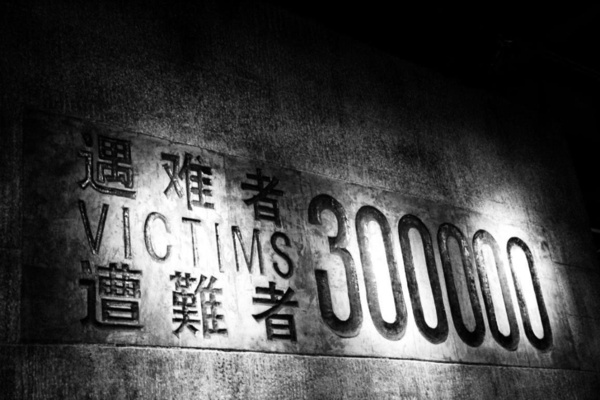On October 10th 2015, the United Nations Educational, Scientific and Cultural Organization (UNESCO) added China’s “Documents of Nanjing Massacre” to its Memory of the World Register, a program set up in 1992 to preserve memories of the world’s significant events. Included were such works as World War II Diary of Jewish Holocaust victim Anne Frank. UNESCO’s incorporation of the Nanjing Massacre was welcomed by China but criticized by Japan: the Ministry of Foreign Affairs of Japan said in a statement that UNESCO failed to be fair and its decision was “extremely regrettable”. Tokyo claims that the decision reflected a biased Chinese view of history. As the largest contributor to UNESCO, Japan even threatened to withdraw its funding for the organization and called on UNESCO to undertake reforms.

Most historians and scholars around the world acknowledge the Nanjing Massacre, also known as the Rape of Nanking, a mass slaughter during WWII where an estimated 200,000 to 300,000 Chinese civilians were mass murdered or raped by the Imperial Japanese Army. However, there are different interpretations in Japan: Tokyo has long claimed that the number of victims is exaggerated. Japanese media and textbooks often use the term “incident” instead of “massacre” in reference to the mass slaughter. Some Japanese conservatives even asserted that the Nanjing Massacre never took place. Such right-wing views are gaining popularity domestically, especially against the backdrop of Japan’s slowing economy. It is evidenced by Japan’s repeated efforts to obstruct China’s application of the Nanjing Massacre listing: Tokyo asked Beijing to retract the UNESCO listing bid and sent sizable lobbying missions to influence UNESCO’s review process. These activities offered a glimpse into the strength of Japan’s right-wing forces.
In fact, Japan has “turned right” since a long time ago and Prime Minister Shinzo Abe only hastened that process. In recent years, Japan reinterpreted Article 9 of the Constitution to let its Self-Defense Forces play a more aggressive role. Tokyo governor Shintaro Ishihara’s privatization of the Diaoyu Island (known as “the Senkaku Islands” in Japan) in 2012 set off disputes between China and Japan in East China Sea. Its military cooperation with Vietnam, Philippines, Malaysia, and Indonesia were seen as measures to counterbalance China’s influence in South China Sea. And it has accumulated a considerable stockpile of weapons-grade nuclear materials. These moves, often ignored by western media, demonstrated Japan’s ambitions to change the status quo and the post-WWII world order.
Japan criticizes China for talking about history rather than a shared future”. However, Japan should not ignore that a shared future must be constructed based on a shared past. China emphasizes the importance of the past, because the past foretells the present. What is at stake is not “the innocent new generation” in Japan who has no memory of the WWII history, but the elder generation who seeks to downplay, deny or even distort history.
It would be an over-simplification to claim, as some Japanese media do, that China takes advantage of Japan’s wartime misdeeds for its own political purposes. Rather, what China pursues are facts and justice. A thorough understanding of the history of invasion and war could remind people of the value of peace and prevent us from lapsing into miserable situations again. As an old Chinese proverb goes: history is the best teacher of the future. Only honest and unambiguous attitudes toward history can bring East Asia a brighter future.
China and Japan have had increasingly frequent economic exchanges and Japan has benefited tremendously from the rapid development of China’s economy. For example, during the China’s National Day holiday in 2015, over 400 thousand Chinese travelers visited Japan and spent more than a hundred billion Japanese yen, or around 843 million US Dollars. Unfortunately, the Sino-Japanese relations showed no sign of warming up. Building mutual trust is in the best interests of both countries and would be welcomed by people on both sides.
However, Japan’s militarist ambition seems to have resurfaced. Since renouncing its rights to WWII reparations from Japan, China has been demonstrating its goodwill but unfortunately, Tokyo did not reciprocate and keeps treating China as a stumbling block. While China attempts to create a peaceful and cooperative future, what Japan aspires is balance-of-power politics, a revision of the current international order, and a potential rivalry with China for spheres of influence in the Asia-Pacific.
—————————————————————
FOCUS ON CONTEMPORARY NEEDS.
Should you have any questions, please contact us at public@taiheglobal.org